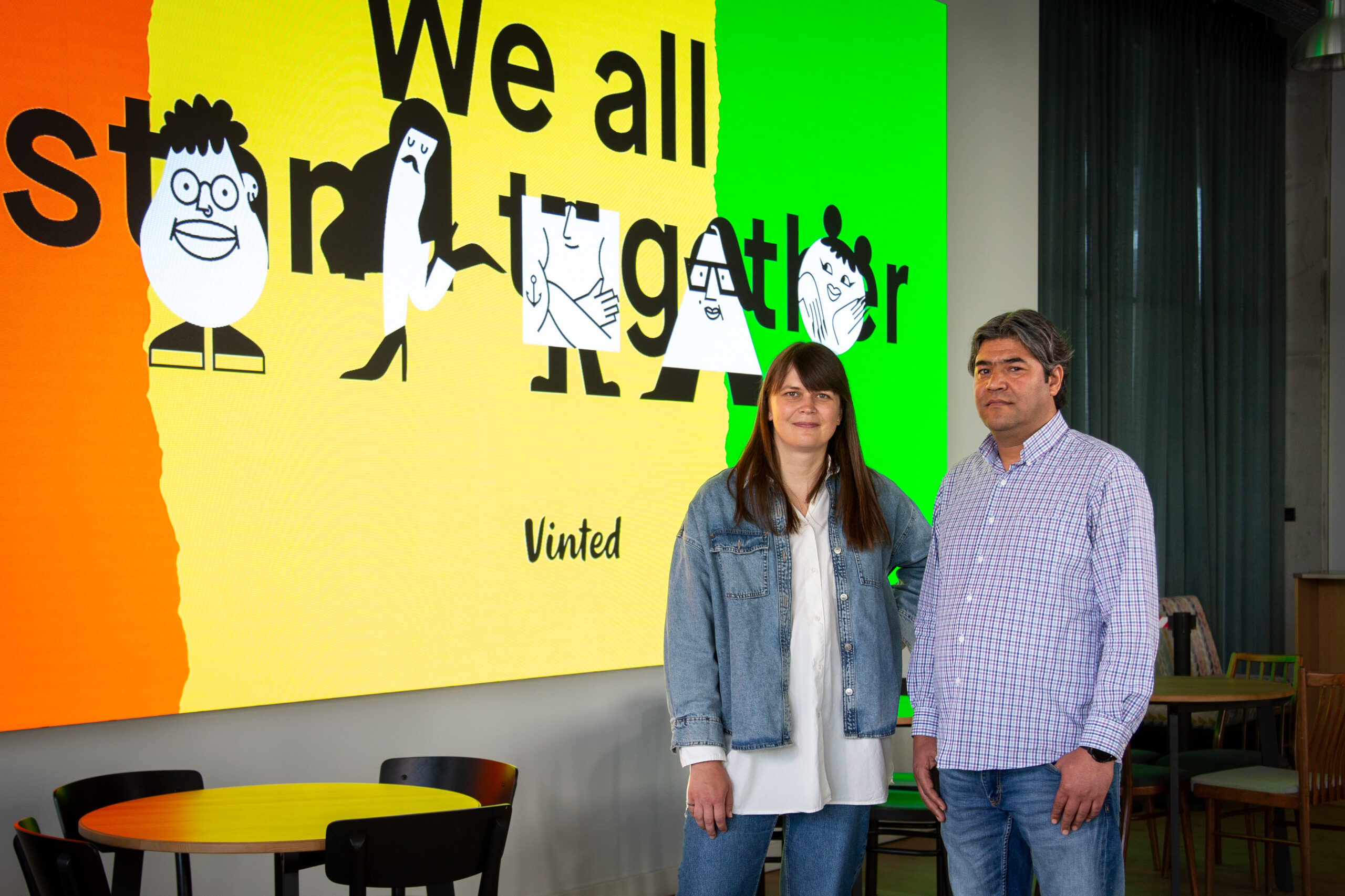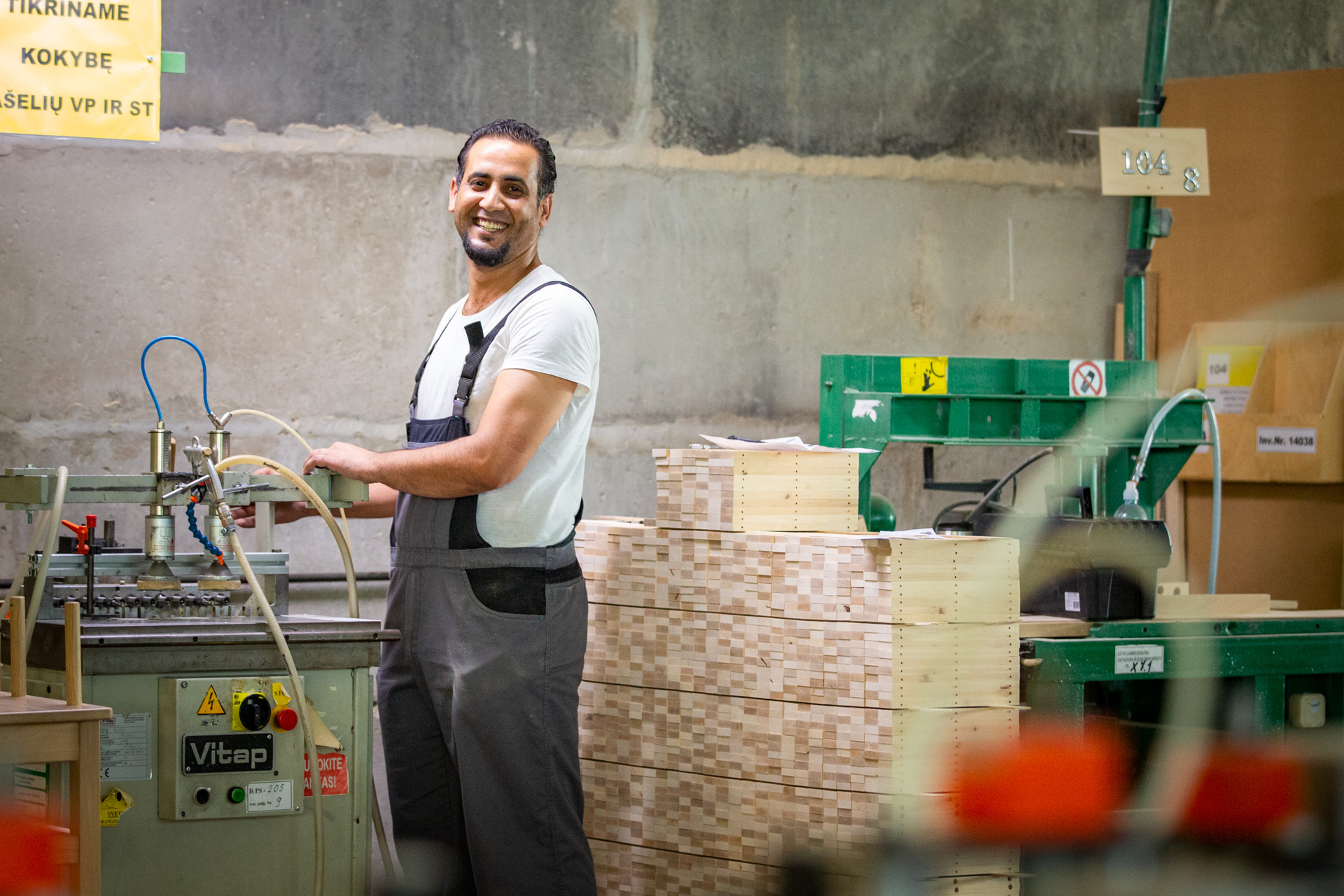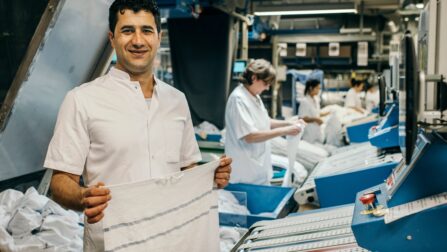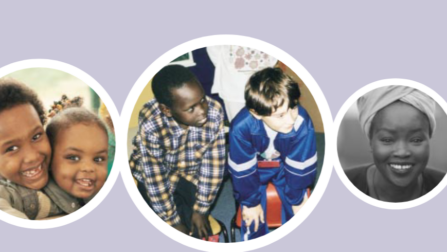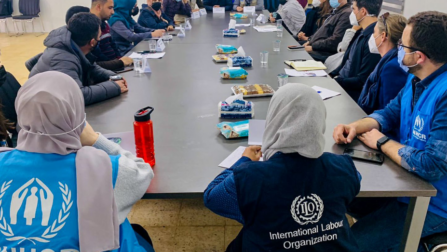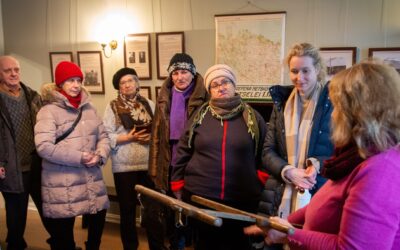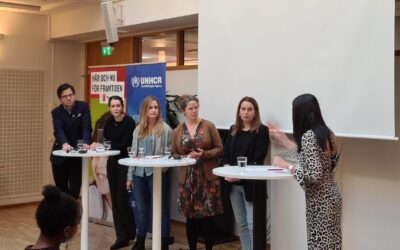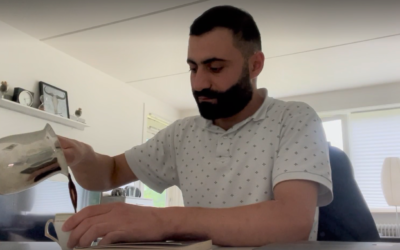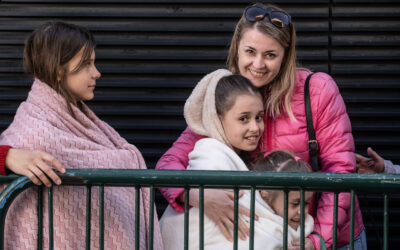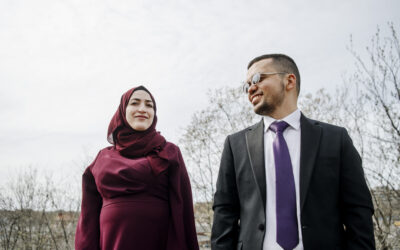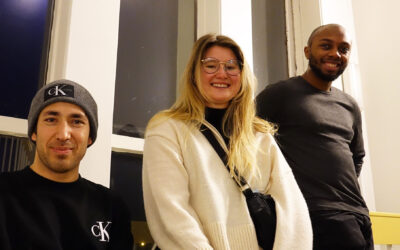UNHCR’s work with integration in the Nordics and Baltics
UNHCR’s Representation for the Nordic and Baltic Countries is paying increasing attention to integration across the region. This entails both the concrete level of activities, programmes and networks as well as the more research-based level of results and experiences.
UNHCR’s vision for integration is that all refugees should benefit from policies and practices that promote and facilitate socioeconomic inclusion. UNHCR’s integration work in the region is anchored in strategic partnerships, and revolve around engagement and cooperation with integration actors, such as local and national authorities, NGOs, civil society, grassroot organizations, think-tanks, universities, as well as refugee-led organizations. UNHCR in the Nordic and Baltic region’s integration activities focus on three priorities: 1) knowledge, 2) strategic partnerships and Nordic-Baltic cooperation of integration actors, 3) capacity building to further support refugee integration and inclusion.
By recognizing the complexity of integration environments and well-established systems in the Nordic countries, UNHCR is acting as a facilitator between relevant regional and European integration initiatives and networks to capitalize on and further mobilize existing integration efforts. UNHCR is continuing to motivate and support Nordic Countries to keep existing standards for integration of refugees with practices and systems, built on the refugee voice and participation, rule of law and respect for human rights.
In the Baltic countries, UNHCR is supporting the states and authorities to develop a holistic and human rights-based approach to integration, where integration policies would be implemented with adequate and sustainable funding, and all relevant integration actors would be capacitated to ensure high-quality delivery of integration services. The Baltic countries are all part of the Ukraine Refugee Relief Plan, which is a UNHCR coordinated multi-partner and multi-sector plan to provide protection and support for Ukrainian refugees.
UNHCR works with national and local authorities, nongovernmental organizations and civil society, private sector and academia, faith-based organizations and volunteer networks as well as refugee and immigrant communities. Such regional and country-specific cooperation enables UNHCR to transfer strategic thinking on integration and multiply good integration practices, advocate for ‘whole-of society’ approaches and holistic integration policies which can help refugees to rebuild their self-esteem, self-reliance and self-resilience.
For UNHCR, integration is a dynamic and multifaceted two-way process. It leads to full and equal membership in society as it prepares refugees to adapt to their host societies without giving up cultural identity, while equally preparing the receiving communities and institutions to welcome refugees and meet the needs of a diverse population. The process is complex and gradual, comprising legal, economic, social and cultural dimensions.
UNHCR’s Representation for the Nordic and Baltic Countries works with partners on various integration areas, including socioeconomic inclusion and welcoming societies, labour market and local level integration, education and communication. Integration activities in the region are capitalized through partnerships and networks, monitoring and advocacy, dialogue with refugees and local communities, transfer and adaptation of good integration practices as well as changing the narrative around integration issues in the region.
Labour market, employment and entrepreneurship
Having a job and becoming part of the labour market in a host society is a significant step for refugees’ self-reliance and successful integration.
To foster refugee labour market inclusion and mobilize the private sector for various refugee employment initiatives, UNHCR cooperates with Diversity Charters in the Baltic countries and the Tent Partnership for Refugees in the Nordic countries. In Lithuania, the Refugee Fellowship Initiative was set up by UNHCR, the Lithuanian Diversity Charter and the Lithuanian Red Cross. Through this initiative, refugees can get their foot through the door of the Lithuanian labour market, and companies have benefitted from being connected with professionals through the programme.
UNHCR also supports IKEA partnerships in the Nordic countries. This is part of IKEA Ingka Group’s commitment, pledged at the Global Refugee Forum in 2019, to assist refugees with employment opportunities and job training across 30 countries, while also aiming to counter the negative narrative around asylum and refugee integration issues.
Across the world, and also in the Nordic and Baltic region, refugees are showing strong entrepreneurship potential by building businesses and creating social and civil society initiatives. In Estonia, UNHCR and partners have supported the establishment and development of the social enterprise and entrepreneurship for refugees, Siin & Sääl.
Working with cities
Supporting and promoting sustainable integration at the local level through social cohesion and equal opportunities is a key objective for UNHCR’s Representation of the Nordic and Baltic Countries – and here cities play a vital role. The importance of effective integration of refugees to not only build inclusive and welcoming societies, but also to create prosperous and flourishing local communities, has been recognized by many cities in the Nordic and Baltic region.
UNHCR is promoting the UNHCR and Migration Policy Group Toolkit ‘Effective Inclusion of Refugees: participatory approaches for practitioners at the local level’. The main aim of the initiative and the Tool is to capacitate local integration actors with sufficient knowledge to ensure that key principles of the participatory approach are embedded in relevant integration initiatives, programmes, and action plans.
UNHCR supports regional FOR-IN project, this joint initiative focuses on strengthening capacities of integration actors, supporting regional networks and cooperation of integration practitioners, fostering pro-active engagement of refugees in the co-design and co-implementation of programmes which support their integration.
UNHCR cooperates with Council of Europe’s Intercultural Cities programme, Nordic and Baltic cities as well as associations of local and regional authorities to foster diversity and inclusion at the local level, where holistic integration policies leave no one behind.
Jonava became the first Baltic city to join the Intercultural Cities programme while Riga was the first Baltic Capital to sign up for the programme. UNHCR also promotes solidarity and raises awareness, support refugees and bring communities together by inviting cities all over the region to sign a statement of solidarity #WithRefugees. From the Nordic and Baltic region, Reykjanesbær in Iceland and Jonava in Lithuania, have so far joined UNHCR’s Cities #WithRefugees initiative.
Our Actions
UNHCR is promoting meaningful engagement of refugees in the design and implementation of integration programmes as well as their feedback on areas in need of improvement throughout the whole refugee journey. One programme is the Refugee-led Innovation Fund that empowers refugees through innovative inclusion methods; such as Talent Together initiative by Refugee Council of Lithuania to promote refugee entrepreneurship skills.
Direct engagement and dialogue with refugees facilitate participation, feedback and the development of evidence-based decisions and action planning. Refugee participation is a right, which promotes protection and reduces feelings of powerlessness, empowers people to rebuild self-esteem and self-confidence as well as helps refugees to cope with trauma.
Reports and other resources:
News & Activities on Integration
Legal support and social events ensure a helping hand to refugees from Ukraine
The Estonian Human Rights Centre is providing vital support to the many refugees from Ukraine who have arrived in Estonia since the war began.
UNHCR and partners put new perspectives on integration in Sweden
UNHCR, Save the Children and the Swedish Red Cross co-organized a seminar on integration as a durable solution, bringing together actors, who work with integration and inclusion in various ways, to discuss the prerequisites for successful and sustainable integration.
A Day in the Life of Massoud in Denmark
Meet 27-year-old Massoud from Syria as he shows us how to make Arabic coffee and talks about building a new life in Denmark.
Refugees from Ukraine are eager to work but need sustained support to ensure inclusion
Most refugees from Ukraine are highly educated and willing to work and contribute to their host countries. But they need support to help ensure their socio-economic inclusion, concludes a survey by UNHCR.
Finnish Refugee Council announces the Refugees of the Year 2022 in Helsinki
UNHCR’s partner Finnish Refugee Council has chosen Lama Kourdi, from Tampere, as the Refugee Woman of the year 2022. The Refugee Man of the year 2022 is Aladdin Delli, also from Tampere, Finland.
Refugees in Iceland pursue education with help from student volunteers
The initiative Student Refugees is providing support and guidance to refugees and asylum-seekers in Iceland to overcome barriers in the education system.

